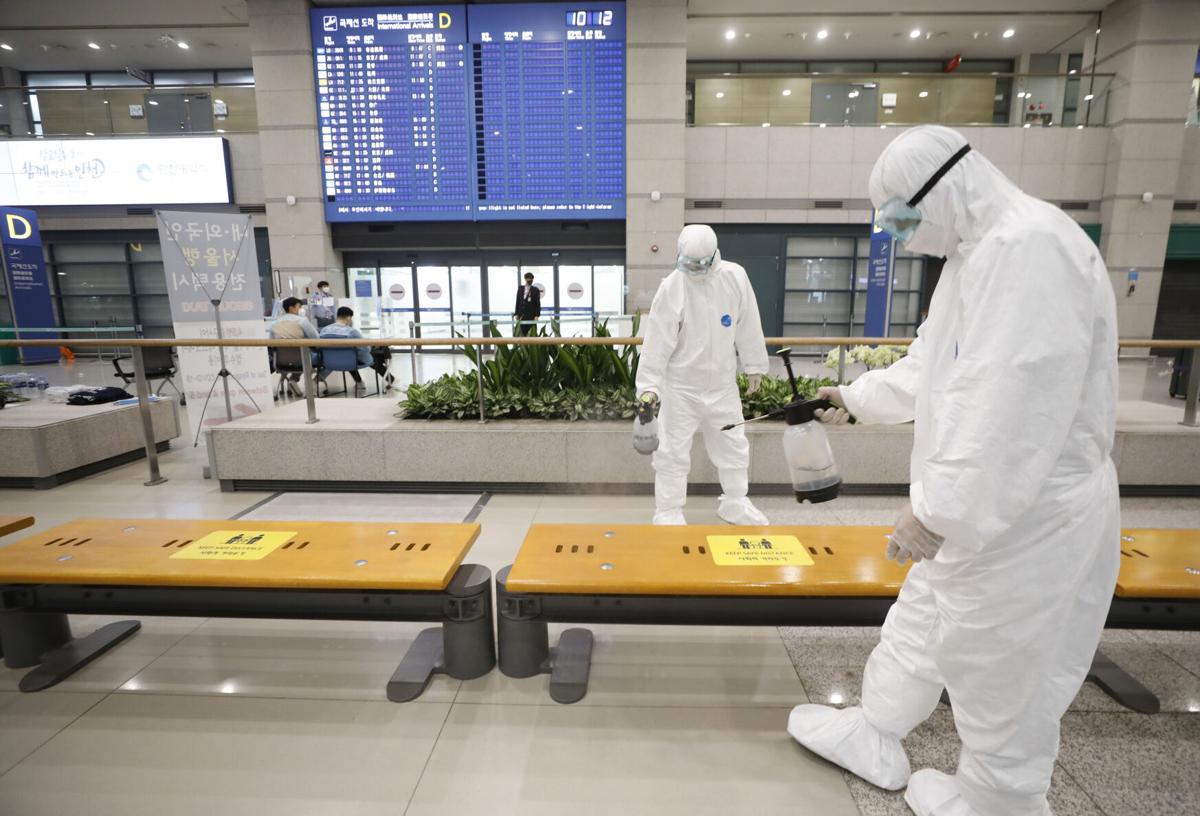New Delhi, India — The new Covid strain found discovered in the United Kingdom has made its way to India, the second-most populous country in the world.
On Tuesday, India recorded its first six cases of the new coronavirus variant. As all the infected people had recently returned from UK, the Union Minister, Hardeep Puri informed that the temporary ban on the flights that are connected to the United Kingdom could be extended beyond December 31.
The local media further informed that out of the six people that were infected by the new strain, there is a 47-year-old woman who had reached Andhra Pradesh all the way from New Delhi by train on December 21. However, the state Health Commissioner stressed that they checked the contacts of the woman and that none of her contacts have been found infected yet.
In addition to this, reports show that the country has recorded additional 14 new cases of the new Covid variant today, taking the overall tally to 20 cases in just two days so far in the country.
The reports further informed that all of the 20 individuals were recent arrivals from UK and that eight of them were found from the national capital, New Delhi and seven from Bengaluru.
All the infected people have been kept in single-room isolation in designated health care facilities by respective state governments in the country. For further precautions, the close contacts of the infected ones have also been put under quarantine.
The government informed that at present they are doing a comprehensive contact tracing exercise for the co-travelers, family members and other possible contacts of the infected 20 people.
While the new Covid-19 variant has also spread to France and Spain from UK, many nations are once again expressing concern and are vigilant over the new strain as scientists informed that it is approximately 70 times more contagious and more difficult to control.





